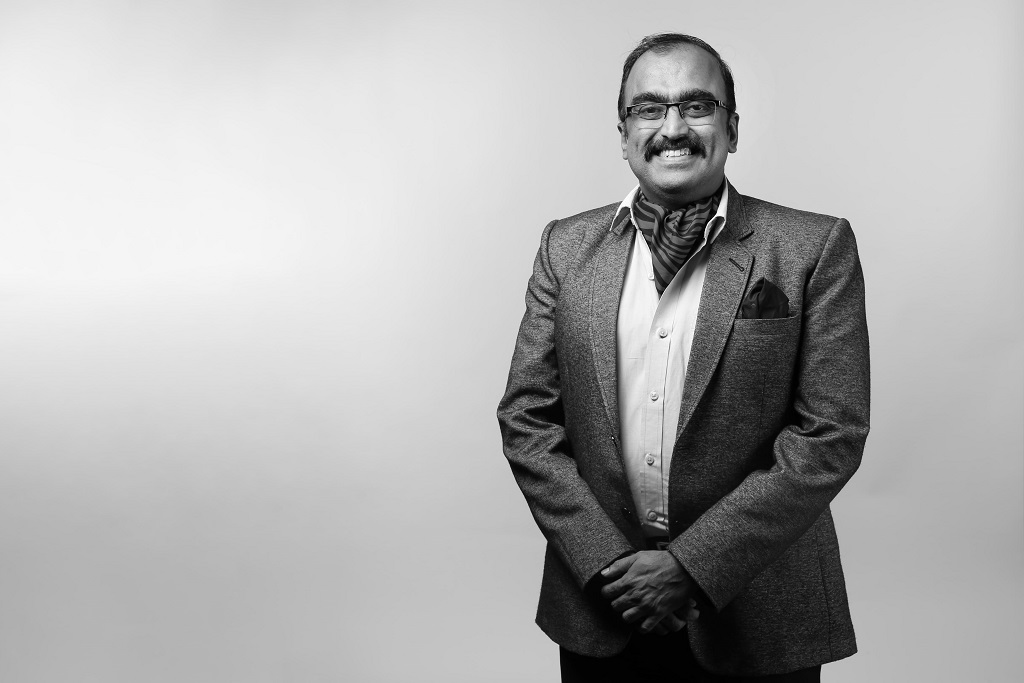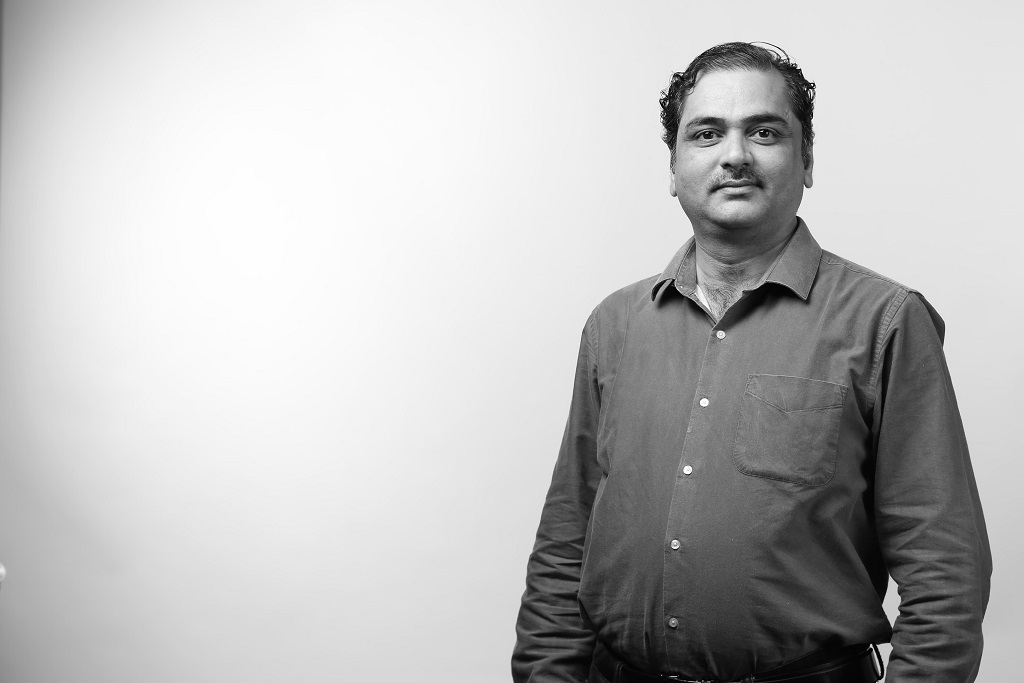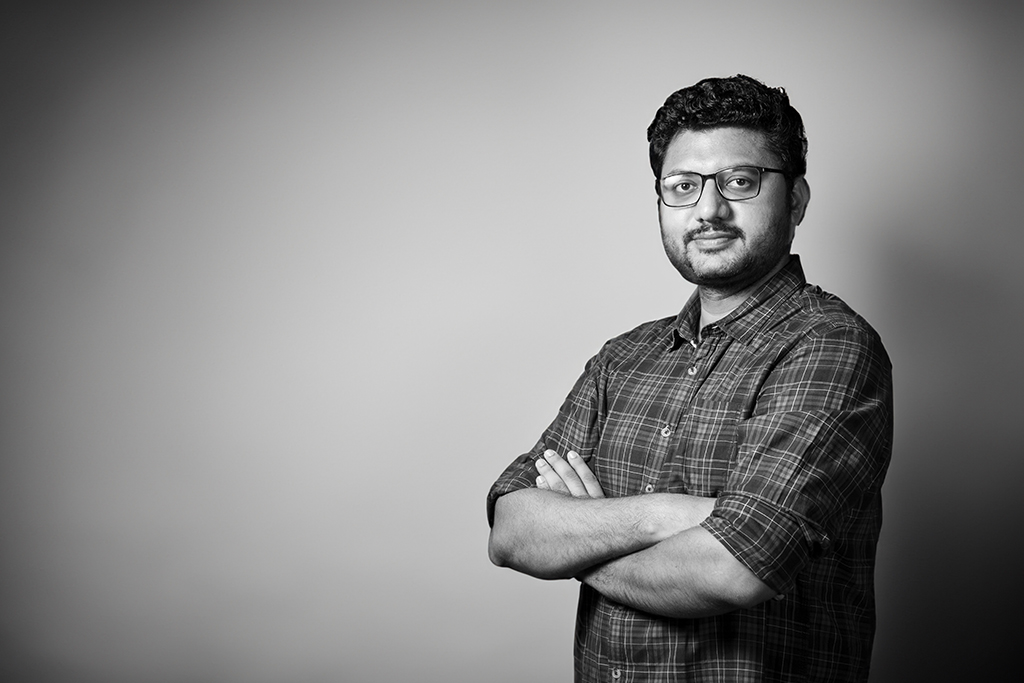Design Management
A Master’s program that blends Design Thinking, Management Strategy & Innovation Leadership to prepare you for high-growth careers in product, UX, service design, and business innovation.
M.Des in Design Management is a unique, tailor-made program that combines design methods and processes with core concepts of management education. The program is ideal for graduates and professionals who want to develop their managerial skills and learn in a creative multi-disciplinary environment.
Design Management is gaining importance as it is valuable for solving complex business problems, discovering new opportunities, and driving innovation in organizations. The program offers a mix of inputs on the latest design methods and approaches and combines them with real life case studies and applications from the business world. The program offers diverse career opportunities and roles in areas like design research, brand management, service design, product management, UX Design, social impact, business development, strategy, and design consulting to name a few.
One of the most prominent features of the program is a strong and deep integration with the industry and start-up ecosystem. The students can develop their capabilities in the areas mentioned below, based on their interest and backgrounds.
Programme Highlights:
- 2-Year Postgraduate Program
- Industry Projects & Internships
- Open to Any Graduation Background
- Strong Alumni Network
WHY DESIGN MANAGEMENT AT MIT ID?
The world needs hybrid thinkers.
Businesses today are shifting from design as aesthetics to design as strategic decision-making.
Our M.Des in Design Management prepares you to:
- Use design to solve complex problems
- Build products, services, and customer experiences
- Work at the intersection of strategy, creativity, and innovation
- Lead cross-functional teams
- Drive business impact through user-centric design
WHO IS THIS PROGRAM FOR?
Ideal for graduates from:
- Design
- Engineering
- Business / Commerce
- Humanities & Social Sciences
- Architecture
- Psychology
- Communication & Media
Whether you want to transition into design, grow into leadership, or build your own startup — this program is your pathway.
PROGRAM HIGHLIGHTS
- Human-Centered Design + Strategic Management
- Service Design & Systems Thinking
- Product Strategy & Experience Design
- Innovation Frameworks & Business Modeling
- Design Research & Futures Thinking
- Entrepreneurial Ecosystem Exposure
- Live Projects with Industry
- Mentorship from Industry Leaders
- Exposure to Startups & Incubators
- Placement & Portfolio Support
LEARNING EXPERIENCE :
Industry Projects
Work on real business challenges with companies, startups and NGOs.
Studio-Based Learning
Collaborative, hands-on, team-based environment.
Field Research & Testing
Work directly with users, communities, and industry partners to validate insights.COURSE DETAILS
M.Des
Eligibility:
The minimum eligibility criterion for admission is at least a 3-year bachelor's degree or equivalent. Work experience and / or prior exposure to design preferred.
Duration:
2 years
Course Structure
- Semester 1
- Semester 2
- Semester 3
- Semester 4
| Course Code | Course Name | Credits |
| PDBS101 | Business and Society | 3 |
| PDBS102 | Design,Business & Economics | 5 |
| PDBS103 | Research Methods- 1 | 4 |
| PDBS104 | Business Studies -1 | 4 |
| PDPR105 | Foundation Project | 4 |
| Course Code | Course Name | Credits |
| PDDC201 | Design Methods and Process | 4 |
| PDBS202 | Business Studies-2 | 3 |
| PDBS203 | Research Methods -2 | 4 |
| PDBS204 | Business Models | 3 |
| PDBS205 | Innovation & Entrepreneurship | 3 |
| PDPR206 | Specialisation Project- 1 | 3 |
| Course Code | Course Name | Credits |
| PDBS301 | Service Design | 5 |
| PDBS302 | Product Management | 4 |
| PDBS303 | Innovation Management | 3 |
| PDBS304 | Design Futures | 4 |
| PDPR305 | Specialisation Project- 2 | 4 |
| Course Code | Course Name | Credits |
| PDPR401 | Graduation Project | 20 |
B.Des
Eligibility:
10 + 2 (in any discipline)
Fee Structure:
24L for entire course Know more
Course Structure
Duration:
2 + 2 years
Collaborations:
Manchester Metropolitan University, UK
Northumbria University, UK
M.Des
Eligibility:
The minimum eligibility criterion for admission is at least a 3-year bachelor's degree or equivalent. Work experience and / or prior exposure to design preferred.
Fee Structure:
24L for entire course Know more
Course Structure
Duration:
2 years
Collaborations:
Manchester Metropolitan University,
UK
Northumbria University, UK
- Semester 1
- Semester 2
- Semester 3
- Semester 4
| Course Code | Course Name | Credits |
| PDBS101 | Business and Society | 3 |
| PDBS102 | Design,Business & Economics | 5 |
| PDBS103 | Research Methods- 1 | 4 |
| PDBS104 | Business Studies -1 | 4 |
| PDPR105 | Foundation Project | 4 |
| Course Code | Course Name | Credits |
| PDDC201 | Design Methods and Process | 4 |
| PDBS202 | Business Studies-2 | 3 |
| PDBS203 | Research Methods -2 | 4 |
| PDBS204 | Business Models | 3 |
| PDBS205 | Innovation & Entrepreneurship | 3 |
| PDPR206 | Specialisation Project- 1 | 3 |
| Course Code | Course Name | Credits |
| PDBS301 | Service Design | 5 |
| PDBS302 | Product Management | 4 |
| PDBS303 | Innovation Management | 3 |
| PDBS304 | Design Futures | 4 |
| PDPR305 | Specialisation Project- 2 | 4 |
| Course Code | Course Name | Credits |
| PDPR401 | Graduation Project | 20 |
STUDENT WORK
Group Members: Prachi Mittal, Swarada Pol, Tanmayi Wani
Project: Calibrate-Unleash Potential
Group Members: Shivangi Sharma, Sarmistha Mahajan, Shrida Sali
Group Members: Stuti Hoshing, Ishaa Chaudhari
Group Members: Prachi Mittal, Swarada Pol, Tanmayi Wani
Group Members: Ilma Naz. Yukta Sharma
Group Members: Aanshal Fadia, Harshada Kshirsagar, Manmeet Singh
CAREERS
The M.Des in Design Management program at MITID aims to produce leaders for business and society who can leverage the power of Design for business value creation, positive social impact and overall economic growth. The course aims to nurture design leaders who are provided a practical knowledge of design implementation in sync with best business practices.
Our graduates work across industries such as tech, consulting, retail, banking, mobility, media, healthcare, and social innovation
Possible roles include:
- Product Manager
- UX Designer / Researcher
- Service Designer
- Design Strategist
- Design Program Manager
- Innovation Consultant
- Customer Experience Designer
- Business Designer
- Systems Thinker
- Entrepreneur / Startup Founder
Where our alumni work
Leading design agencies, Fortune 500 companies, digital startups, consulting firms, and social enterprises.
- Elephant Design
- Leaf Design
- Infosys
- Accenture
- LnT Infotech
- TCS
- Deloitte
- Moonraft
- Microsoft
Visiting FACULTY
- Kumar Shrinivasan- Marketing & Strategy
- Rashmi Paranjpe- Financial Management
- Harshesh Gokani- Innovation & Entrepreneurship
- Rishu Yadav- Creativity & Design Thinking
- Pankaj Kumar- Service Design
- Viraj Joshi- Design Futures
- Shaleen Wadhwana- Business & Society
- Ajhar Khan- Economics
- Kunal Jagtap- Design Methods
- Yasuyuki Hayama





